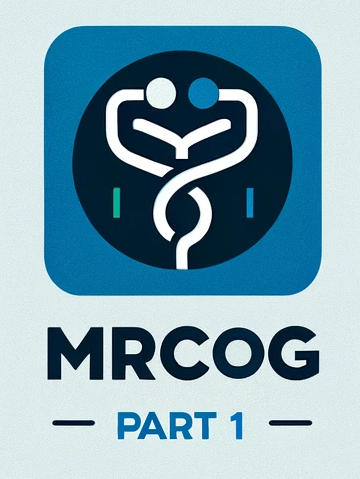Mastering MRCOG Part 1: Effective Preparation Strategies
The Membership of the Royal College of Obstetricians and Gynaecologists (MRCOG) Part 1 exam is the first step for aspiring obstetricians and gynecologists seeking international recognition. This exam assesses the fundamental knowledge of basic sciences relevant to obstetrics and gynecology, making thorough preparation essential for success. With a well-structured study plan and the right resources, candidates can confidently navigate this challenging exam and achieve their goal.
Understanding the exam format is crucial for effective preparation. MRCOG Part 1 Preparation consists of two papers, each containing multiple-choice questions (MCQs) that test knowledge in areas such as anatomy, physiology, embryology, pathology, and pharmacology. The exam is designed to assess a candidate’s understanding of the scientific foundations that support clinical practice, requiring both theoretical knowledge and application skills.

Creating a study plan is key to covering all subjects systematically. Candidates should start their preparation well in advance, ideally six to eight months before the exam. Allocating dedicated time for each subject, practicing MCQs regularly, and revising frequently can help reinforce concepts. Utilizing structured study materials, such as official RCOG guidelines, textbooks like “Basic Sciences for Obstetrics and Gynaecology,” and online courses, can provide a solid foundation.
Practice is an essential component of MRCOG Part 1 online course. Solving past exam questions and taking mock tests can help candidates familiarize themselves with the exam pattern and improve their time management skills. Online question banks and study groups can be valuable resources for discussing complex topics and clearing doubts. Regular self-assessment allows candidates to identify weak areas and adjust their study strategies accordingly.
Time management and stress control play a significant role in achieving success. Since MRCOG Part 1 covers a vast syllabus, candidates should avoid last-minute cramming and instead focus on consistent learning. Techniques such as summarizing key points, using mnemonic devices, and engaging in active recall can enhance retention. Additionally, maintaining a balanced lifestyle, including proper sleep, exercise, and relaxation techniques, can help manage exam stress effectively.
In conclusion, preparing for MRCOG Part 1 requires dedication, strategic planning, and consistent practice. By understanding the exam structure, following a structured study plan, practicing extensively, and managing stress effectively, candidates can increase their chances of success. With the right approach and determination, aspiring obstetricians and gynecologists can clear MRCOG Part 1 and take the first step toward achieving their professional aspirations.
Comments
Post a Comment